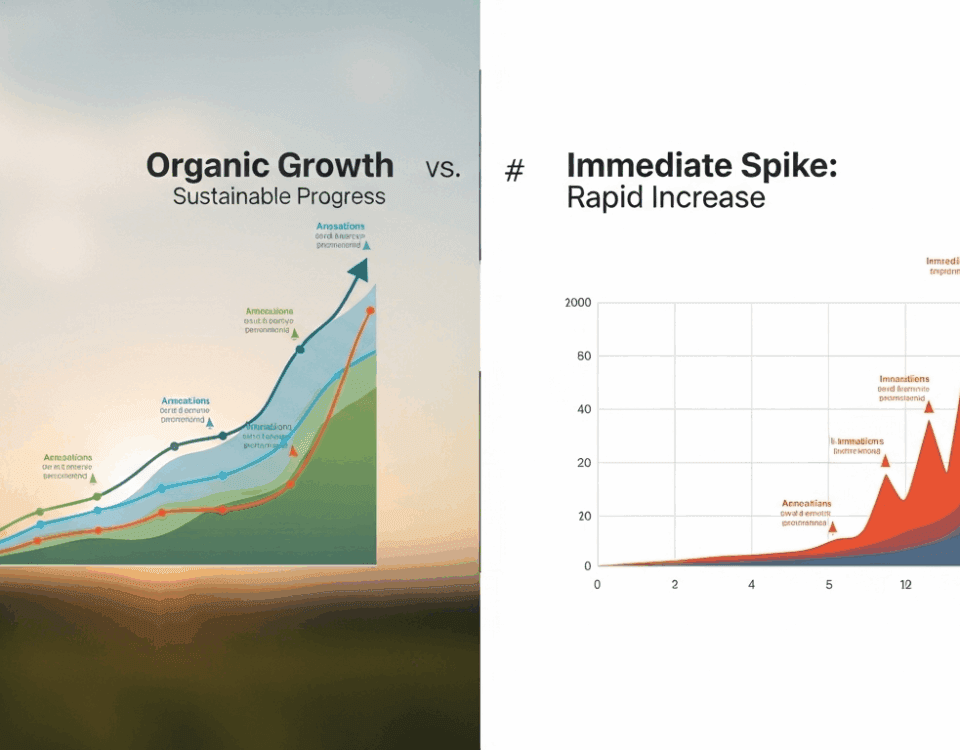
Top Trends in Mobile App Development for 2024
August 5, 2024
The Future of Web: Progressive Web Apps (PWAs)
August 8, 2024Artificial Intelligence (AI) has revolutionized the mobile app industry, transforming the way applications interact with users and enhancing overall functionality. This article explores the profound impact of AI on mobile apps, highlighting key areas such as personalized user experiences, automation, predictive analytics, and more.
Personalized User Experiences
One of the most significant impacts of AI on mobile apps is the ability to deliver personalized user experiences. AI algorithms analyze user behavior, preferences, and interactions to tailor content and recommendations. This level of personalization enhances user engagement and satisfaction.
Examples:
- E-commerce Apps: AI-driven recommendation engines suggest products based on past purchases and browsing history.
- Streaming Services: AI curates personalized playlists and content suggestions for users.
Automation and Efficiency
AI automates repetitive tasks, improving efficiency and reducing the need for manual intervention. This is particularly beneficial in customer service and support.
Examples:
- Chatbots: AI-powered chatbots handle customer inquiries, provide instant responses, and resolve common issues, freeing up human agents for more complex tasks.
- Virtual Assistants: Apps like Siri, Google Assistant, and Alexa use AI to perform tasks, answer questions, and provide information based on voice commands.
Predictive Analytics
AI enhances mobile apps with predictive analytics, enabling them to forecast user needs and behavior. This predictive capability allows businesses to make data-driven decisions and provide proactive services.
Examples:
- Healthcare Apps: AI predicts patient health trends and potential risks, offering personalized health advice and reminders.
- Finance Apps: Predictive analytics help users manage finances by forecasting expenses and suggesting budgeting strategies.
Enhanced Security
AI strengthens app security by detecting and preventing fraudulent activities. Machine learning models analyze patterns and anomalies to identify potential threats in real-time.
Examples:
- Fraud Detection: Financial apps use AI to monitor transactions for suspicious activity, alerting users to potential fraud.
- Biometric Authentication: AI enhances security through facial recognition, fingerprint scanning, and voice recognition, ensuring secure access to sensitive information.
Improved User Engagement
AI boosts user engagement by enabling apps to learn and adapt to user preferences over time. This continuous learning process ensures that apps remain relevant and engaging.
Examples:
- Gaming Apps: AI adjusts difficulty levels based on player skill and behavior, providing a challenging yet enjoyable experience.
- Social Media Apps: AI curates feeds and notifications, ensuring users see the most relevant content.
Smart Recommendations
AI algorithms analyze vast amounts of data to provide smart recommendations, enhancing the decision-making process for users.
Examples:
- Travel Apps: AI recommends travel destinations, accommodations, and activities based on user interests and past behavior.
- Fitness Apps: Personalized workout plans and dietary suggestions are generated using AI, helping users achieve their fitness goals.
Enhanced User Interface
AI improves the user interface (UI) by enabling more intuitive and interactive designs. Voice and gesture recognition technologies make apps more accessible and user-friendly.
Examples:
- Voice-Controlled Interfaces: AI allows users to navigate apps and perform tasks using voice commands, enhancing accessibility for all users.
- Gesture Recognition: AI-powered gesture controls provide a seamless and interactive user experience.
Conclusion
The integration of AI in mobile apps is driving innovation and transforming the way users interact with technology. By offering personalized experiences, automating tasks, enhancing security, and providing smart recommendations, AI significantly improves the functionality and user satisfaction of mobile applications. As AI continues to evolve, its impact on mobile apps will only grow, creating more intelligent and intuitive solutions for users across various industries.
By staying ahead of these AI trends, businesses and developers can create more engaging, efficient, and secure mobile apps, ensuring they remain competitive in the ever-evolving digital landscape.




